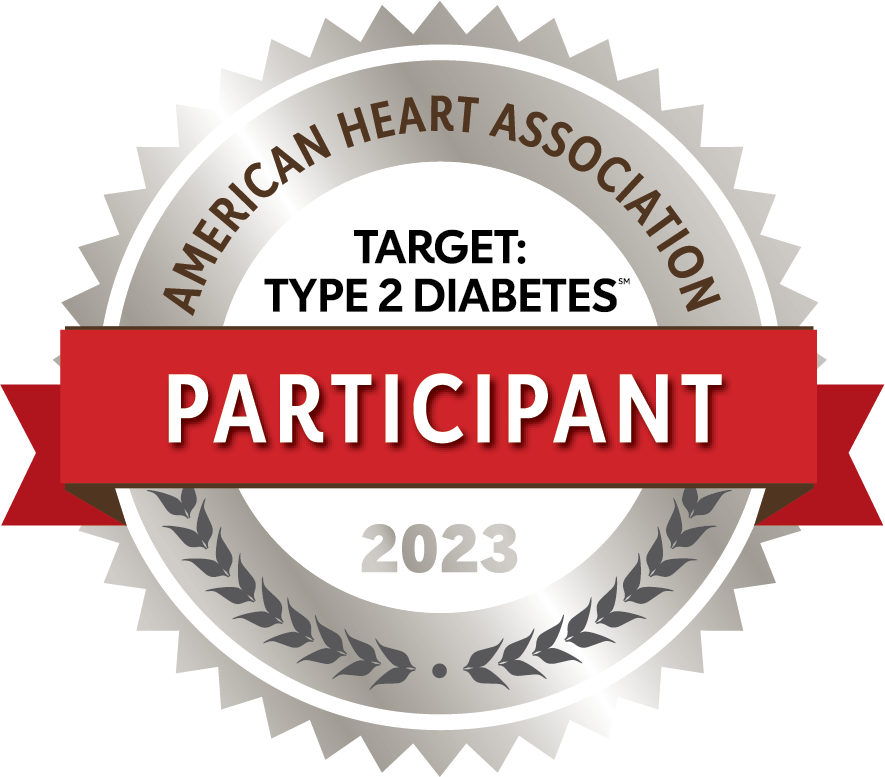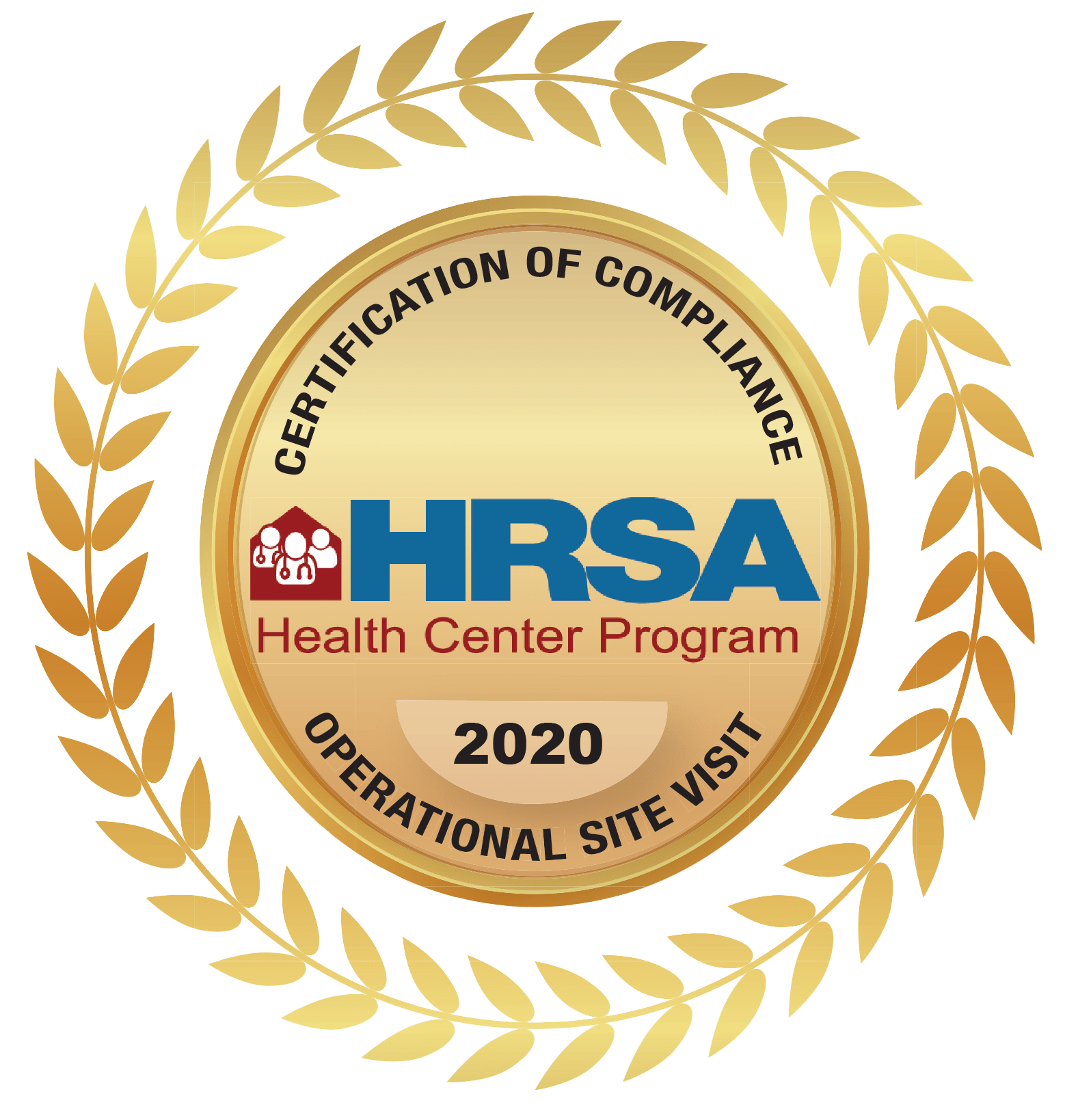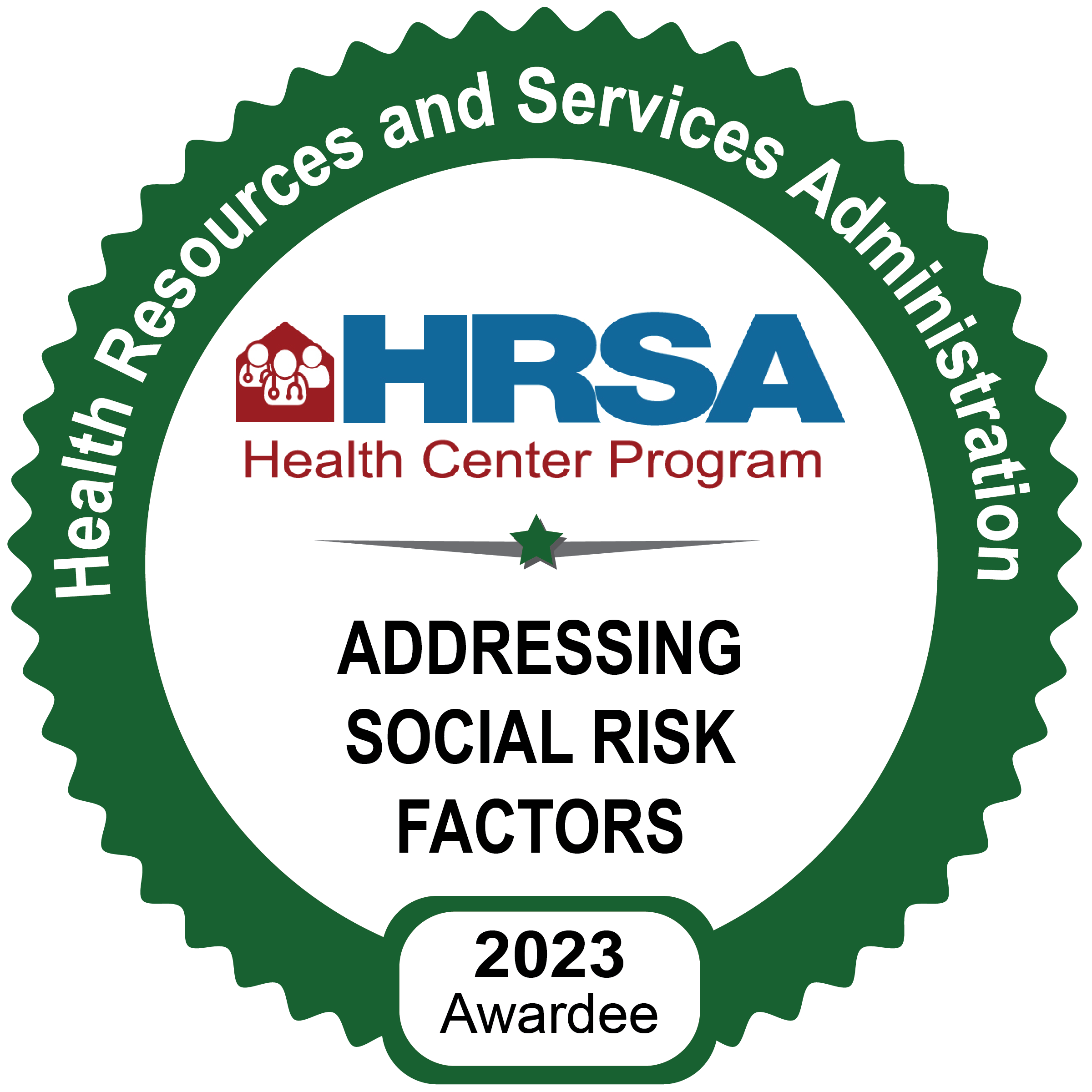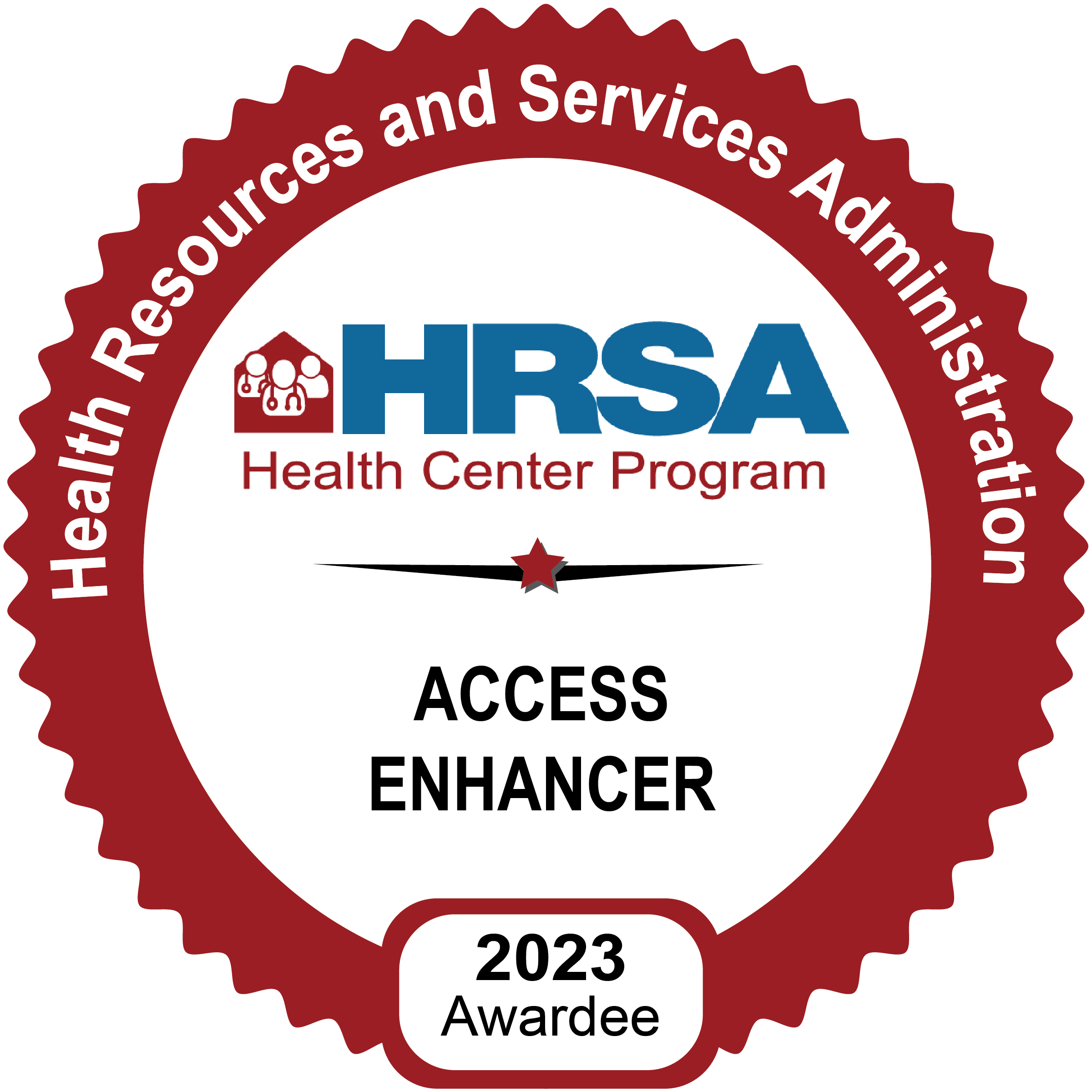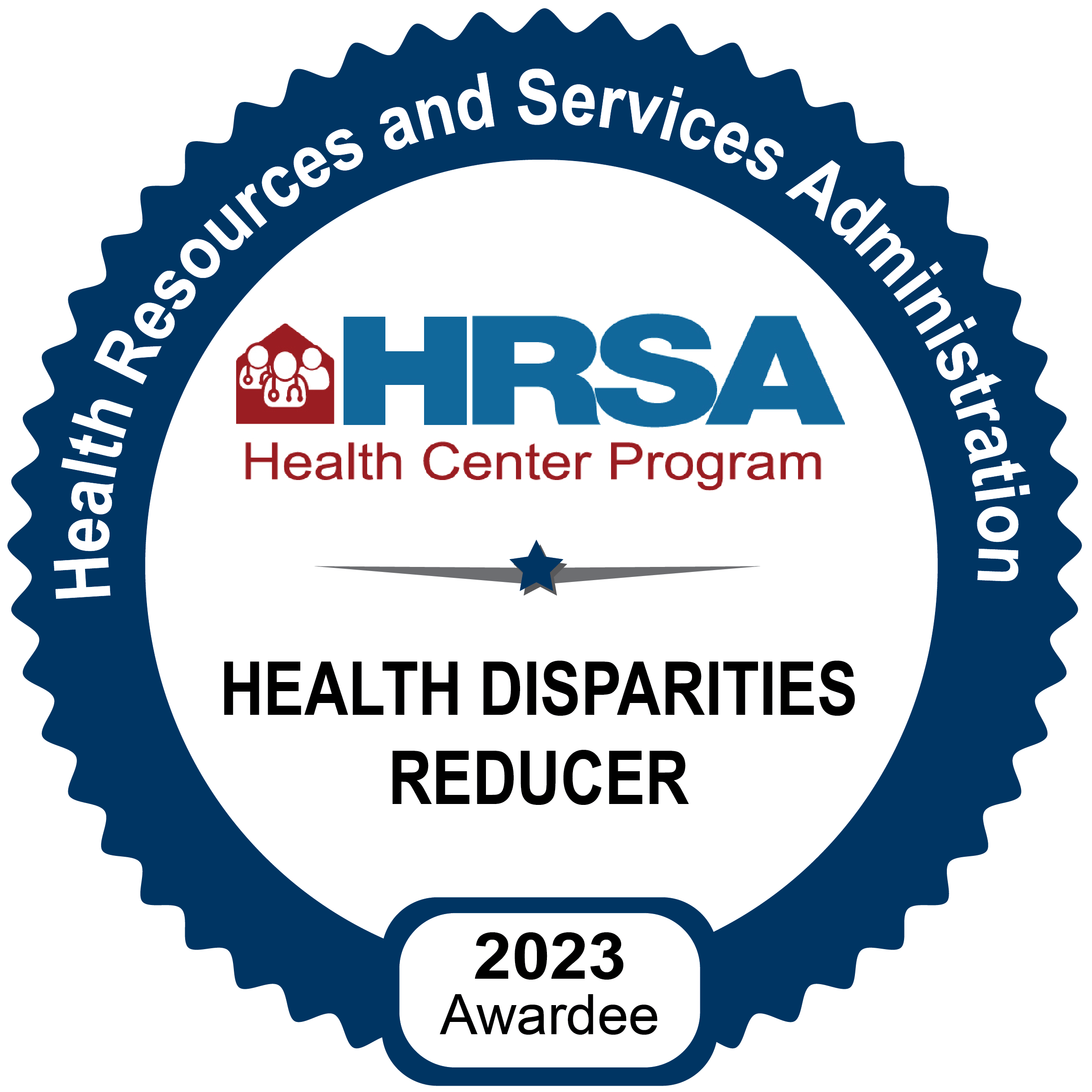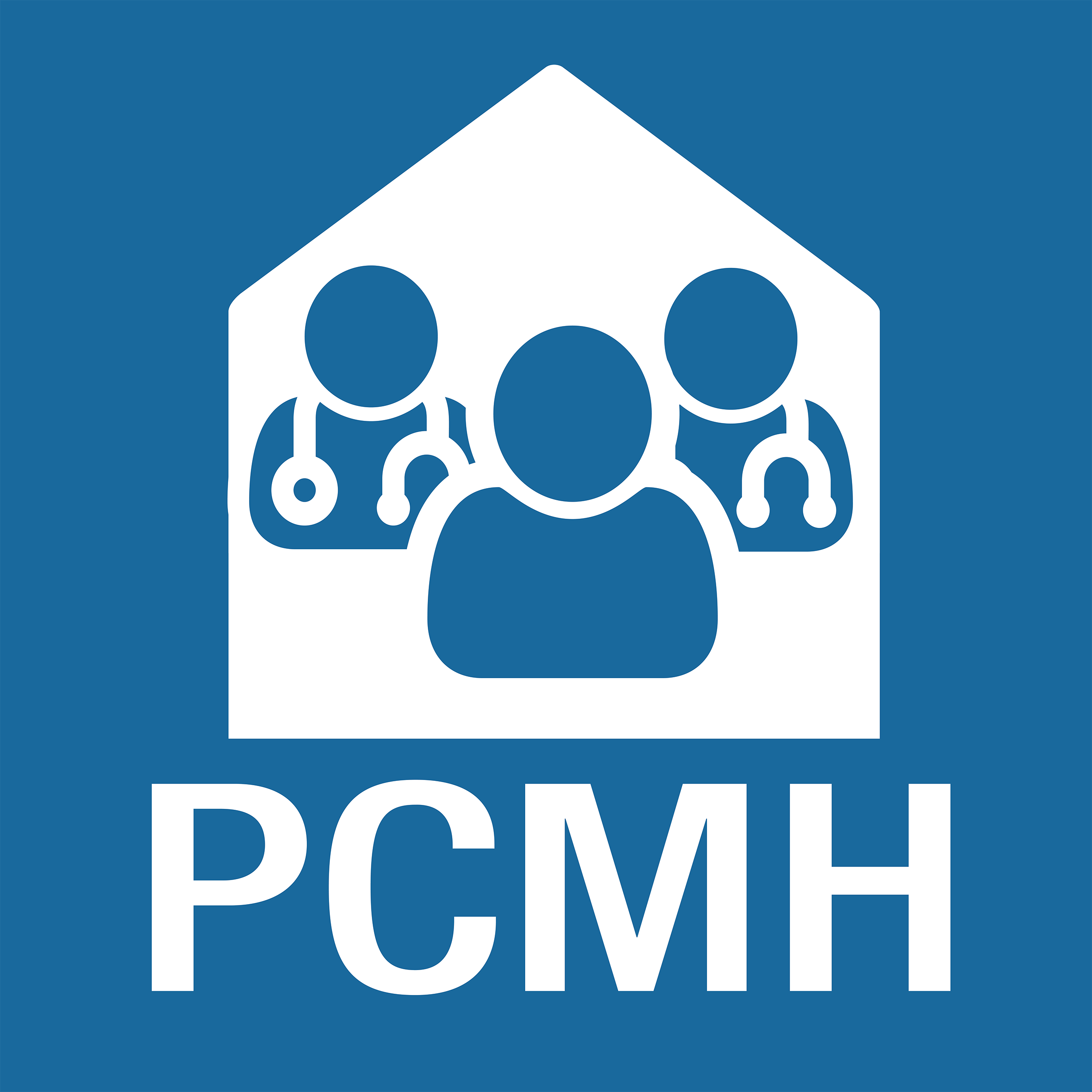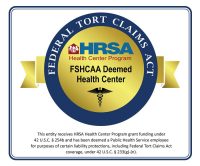By Dr. Allison Peddle
Dr. Peddle is a Family Physician and Board-Certified Geriatrician.
Older adults are at greater risk of falling. Anyone who has fallen before, has weak leg muscles, or has problems with walking or balance also has a higher risk. If older adults were to fall, they can get bruises or broken bones, such as a broken hip. Sometimes falls cause life-threatening injuries, like head injuries.
In order to prevent falls, the following tips may be helpful:
- Remove rugs, or make sure they don’t move by using double-sided tape or nonslip backing.
- Remove clutter and other objects that could be tripped on, like cords or wires, from walkways.
- Turn on the lights in hallways and stairways.
- Be sure that handrails are attached well on both sides of all stairways.
- Move items that can’t be reached to lower shelves and cabinets.
- Use step stools that are steady and have railings to hold onto.
- Put a nonslip rubber mat in the bathtub.
- Install handrails in the bathtub and near the toilet.
- Consider using a personal emergency response system. These systems alert rescuers if someone falls or is injured. This is especially important if the person lives alone.
- Get up slowly when sitting or lying down.
- Be careful when wearing multi-focal glasses, and do not wear them while climbing stairs or walking.
- Wear shoes that have low heels, close well (such as with laces or Velcro), and have nonslip soles. Don’t walk around in slippers, backless shoes, or barefoot.
If there is a fall, tell your doctor, even if you were not hurt. Talk to your doctor if you are having problems with your balance or walking, if you have leg weakness, or if you worry about falling. If you need a cane or walker, learn how to use it the right way.
Ask your doctor to review the medicines you are taking, including over-the-counter medicines. Some medicines, like sleeping pills and pain pills, can make you dizzy or drowsy, increasing your risk of falls.
To discuss any of the above tips with your provider, contact us today.


